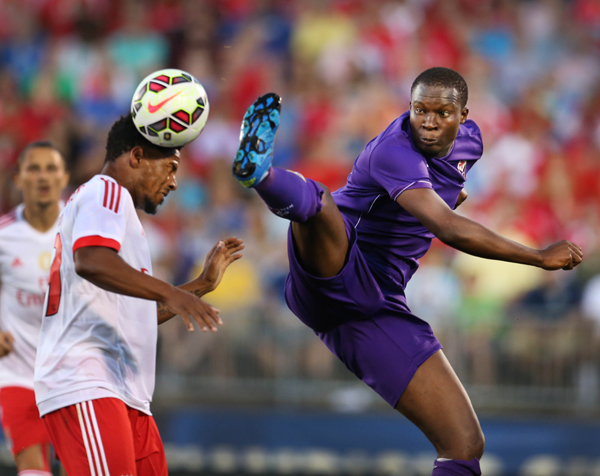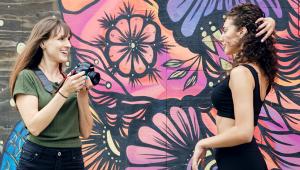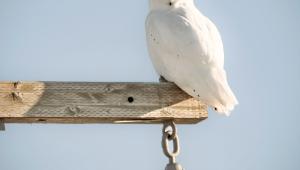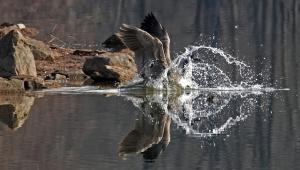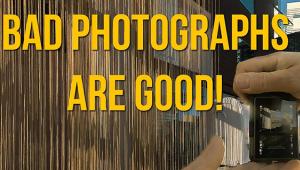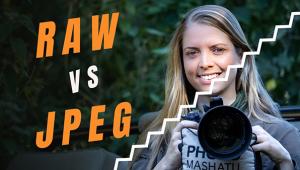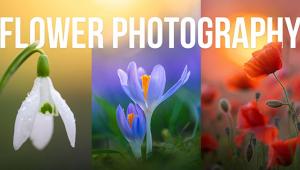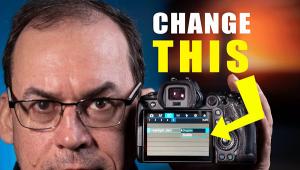5 Top Tips for ATTENTION Grabbing Sports Photos
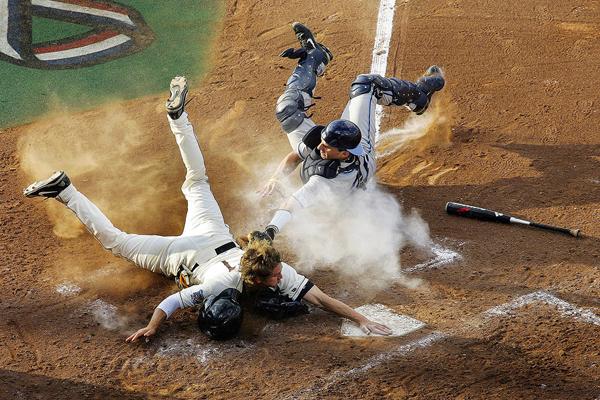
(Editor’s Note: Exploring Light is a monthly Shutterbug column featuring tips, tricks, and photo advice from professional photographers in Canon’s Explorer’s of Light education program. This month's column is by Damian Strohmeyer on how to shoot better sports photographs.)
Sports is one of my favorite things to shoot and with more than 25 years doing it, I have learned many tricks and tips that will help elevate your sports photography game. Here are my top five tips.
Tip 1: Do your homework, pay attention, and concentrate
Research a little about the photographs you want to make, and plan your equipment accordingly. Anticipation is your friend in sports photography. While you will still need to make creative decisions with the camera to your eye, have a plan in mind of the shot you want to capture. This will improve your reaction time and allow you to catch the action earlier. You can’t make the photos if the camera is on your shoulder.
Tip 2: Vary your camera angles for photos with a different look
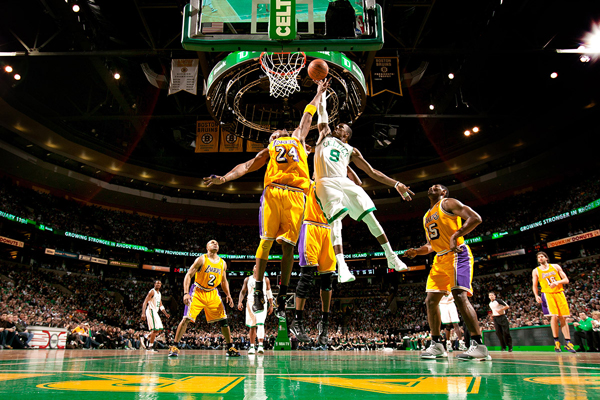
For a lot of sports, a low-angle photo projects the athlete higher into the frame and makes them look more heroic. Conversely, a high-angle image may convey information in a way that an eye-level photo cannot. Size up your field of play and determine what angles might work best for your photographic intentions that day. Shooting from both horizontal and vertical perspectives will provide more versatility.
Tip 3: Fill the frame with your subject
This will give the photograph more drama, and a deeper look into the subject and their reaction while the play is ongoing. A telephoto lens helps compress the frame so that your subject is more isolated. It’s all about the faces. Give me photographs with a lot of intensity and I’ll be pleased with my shoot.
Tip 4: Be aware of the direction the game is going
Be a smart photographer and anticipate what photos you can make that will be significant to the outcome of the game. The end of a close game usually makes for the most compelling photos. What is an applicable situation in the first quarter may not work at all in the fourth quarter. Your strategy as a photographer has to change just like the coach’s strategy does. Watch how the players align both on offense and defense and see if that will help you find the action quicker. Adapt and conquer.
Tip 5: Watch your backgrounds

I look at a lot of photographers’ work, from those at the highest levels to those who are just beginning. Nothing ruins more photographs than distracting backgrounds. Size it up and try to align yourself with a background that doesn’t subtract from the photo. If you can get a shot with the crowd in the back blurred, you are still telling the story of a game played in a stadium, but the background doesn’t take the focus away from the play.
Bio
Damian Strohmeyer is a husband, father and photographer who works with people telling their stories in images, ranging from portraiture to fast moving sports and feature stories. As a long-time practicing photojournalist, he is adept at adapting his photography to a story or a client’s demands. He works in the commercial and editorial fields of photography and as a photo educator.
After stints as a newspaper photographer in Topeka, Kansas and Denver, Colorado he began a 25-year career at Sports Illustrated magazine where he handled over 2,000 assignments and produced 71 covers.
A committed educator, Damian frequently works with students and professionals through the Canon Explorers of Light program teaching camera techniques and offering tips about shooting sports and photojournalism. Damian believes that his best photograph is the one he hasn’t taken yet.
See more of Strohmeyer’s his work at the links below:
- Log in or register to post comments

